Navigating the path to healthy aging involves more than just exercise and good sleep. The foods we consume play a crucial role in supporting our body’s needs as we grow older. While some foods can enhance our vitality and longevity, others might do more harm than good. Here’s a curated list of 11 foods to incorporate weekly for optimal health, as well as 5 that may be best avoided.
Blueberries
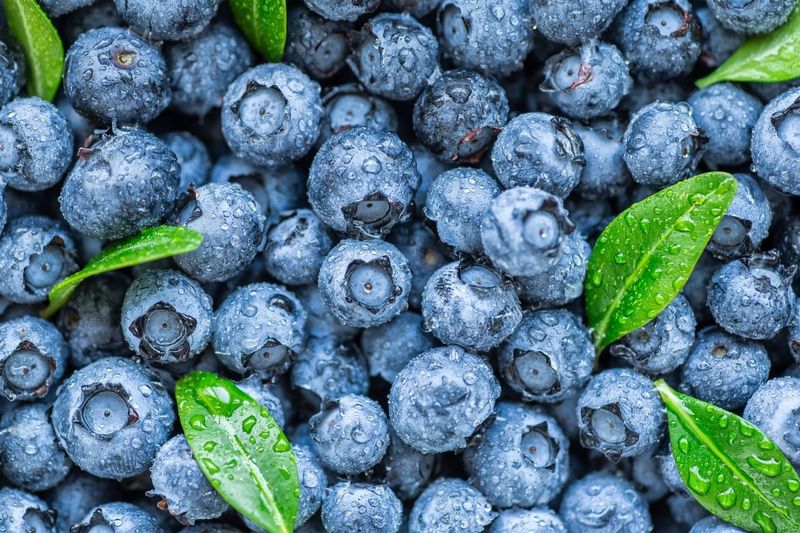
Packed with antioxidants, blueberries are a powerhouse for healthy aging. These tiny berries contain flavonoids that combat oxidative stress, a major contributor to aging.
Including blueberries in your weekly diet can enhance brain function and may reduce the risk of cognitive decline. Their sweet and tangy taste makes them a delightful addition to smoothies and desserts.
Many studies suggest that the anthocyanins in blueberries can promote cardiovascular health, making these berries a heart-friendly choice.
Salmon

Rich in omega-3 fatty acids, salmon is known for its anti-inflammatory properties. These healthy fats are crucial in maintaining heart and brain health as we age.
Salmon is also an excellent source of protein and vitamin D, essential for bone health. It pairs well with a variety of sides, offering both versatility and flavor.
Regular consumption can help lower the risk of chronic diseases, such as heart disease, and keeps skin looking youthful and radiant.
Spinach
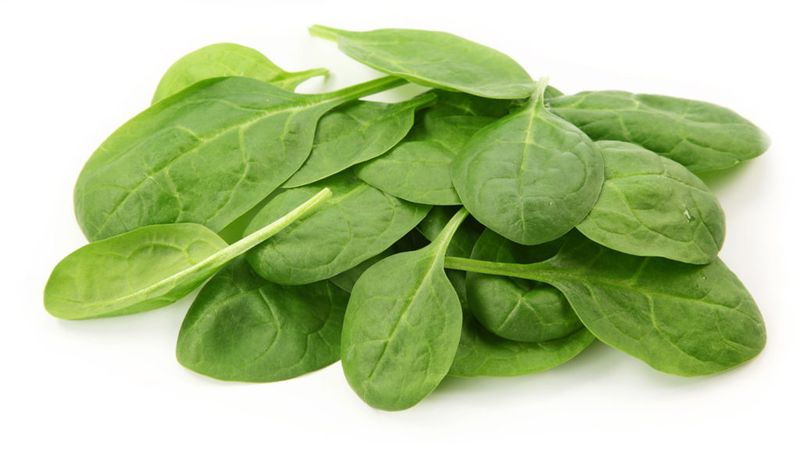
Spinach is a leafy green superhero, packed with vitamins and minerals like vitamin K, magnesium, and iron. These nutrients are vital for bone health and maintaining muscle mass.
The high levels of antioxidants in spinach help protect the eyes from age-related degeneration. Its mild taste makes it a versatile ingredient in salads and cooked dishes.
Including spinach in meals can support energy levels and overall vitality, helping you feel vibrant and strong.
Nuts
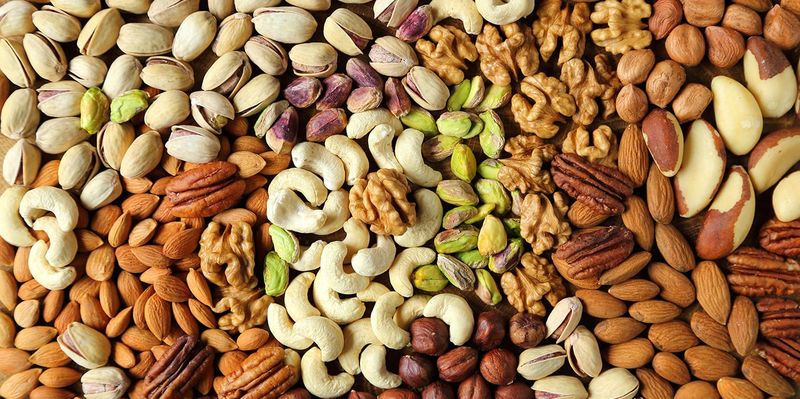
Nuts are nature’s perfect snack, providing healthy fats, protein, and fiber. Almonds, walnuts, and cashews each offer unique benefits, from supporting brain health to enhancing heart function.
Rich in antioxidants and vitamin E, nuts can help protect cells from damage and support skin health. They are a convenient, nutrient-dense option for on-the-go snacking.
With their satisfying crunch, nuts can be a delightful addition to meals or enjoyed on their own, promoting longevity and well-being.
Avocado
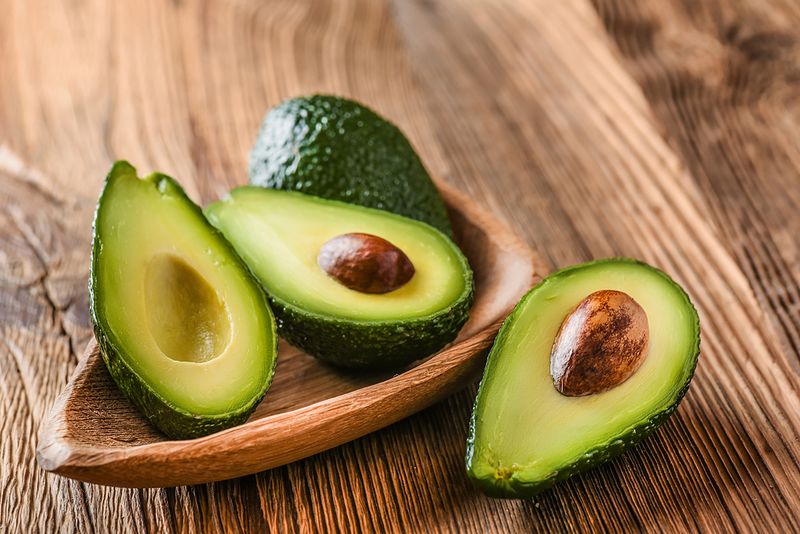
Avocados are more than just a trendy toast topping; they’re a nutrient-rich fruit high in healthy monounsaturated fats. These fats are essential for reducing bad cholesterol and improving heart health.
Packed with fiber, potassium, and various vitamins, avocados support digestion and provide sustained energy. Their creamy texture adds a luxurious touch to salads and sandwiches.
Incorporating avocados into your diet can also enhance skin elasticity and promote a youthful glow, making them a favorite for those seeking healthy aging.
Sweet Potatoes

Sweet potatoes are a delicious source of beta-carotene, an antioxidant converted to vitamin A in the body. This nutrient is crucial for maintaining healthy skin and vision.
Their natural sweetness and vibrant color make them a versatile ingredient, perfect for roasting, mashing, or baking. Sweet potatoes also provide dietary fiber, supporting digestive health.
Including sweet potatoes in your diet can boost immunity and offer a comforting, nutritious addition to any meal.
Turmeric
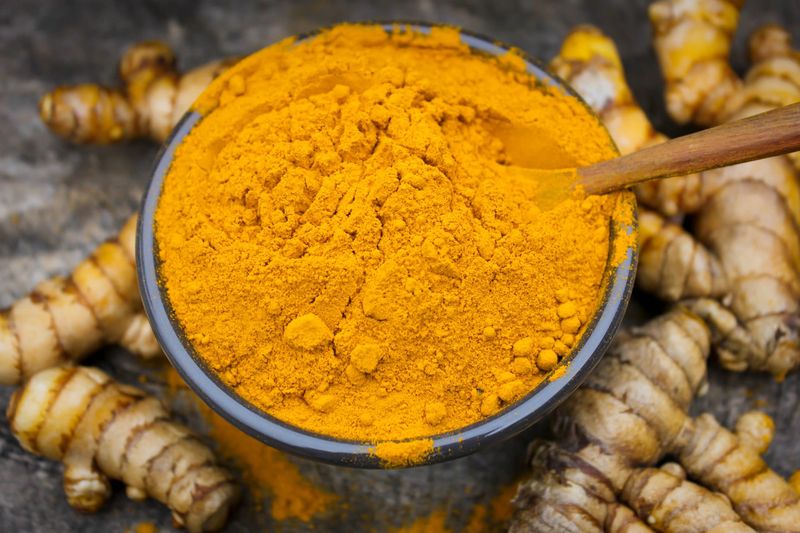
Turmeric, with its active compound curcumin, is renowned for its anti-inflammatory and antioxidant properties. This spice has been used for centuries in traditional medicine.
Adding turmeric to your diet can support joint health and improve cognitive function. It’s a versatile spice that can enhance the flavor and color of many dishes.
Curcumin’s potential in reducing the risk of chronic diseases makes turmeric a valuable addition to a diet focused on healthy aging.
Broccoli
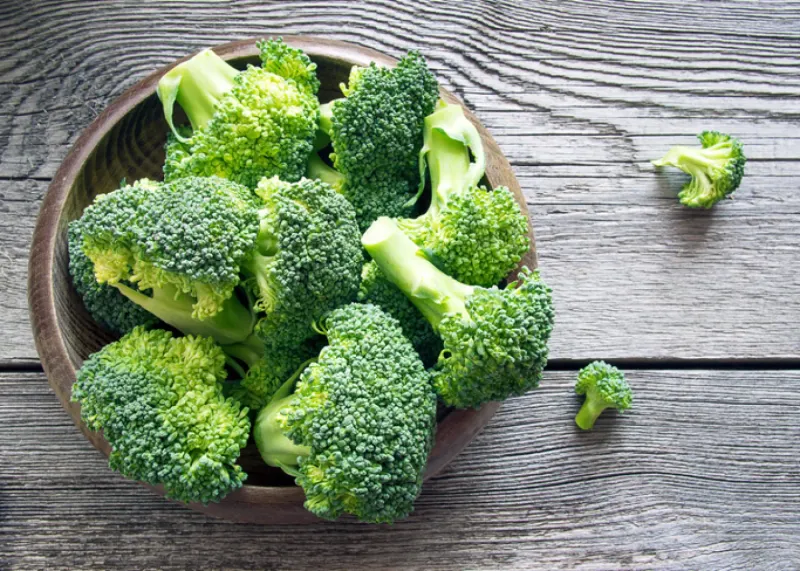
Loaded with vitamins C and K, broccoli is a cruciferous vegetable known for its health-promoting properties. It supports detoxification and provides vital fiber for digestive health.
Broccoli’s antioxidants help combat free radicals, reducing the risk of chronic diseases. Its mild flavor makes it a versatile choice for steaming, roasting, or stir-frying.
Regular consumption of broccoli can support bone health and promote a strong immune system, contributing to overall vitality and wellness.
Olive Oil

Olive oil, a staple of the Mediterranean diet, is rich in monounsaturated fats and antioxidants. These compounds are known to support heart health and reduce inflammation.
Incorporating olive oil into your cooking can enhance flavors and provide a nutritious base for dressings and marinades. It’s a versatile ingredient beloved for its smooth texture and robust taste.
Using olive oil regularly can help maintain cognitive function and contribute to a longer, healthier life.
Dark Chocolate

Dark chocolate, a treat with a healthful twist, is loaded with antioxidants known as flavonoids. These compounds can improve heart health and even boost mood.
With its rich, complex flavor, dark chocolate is a satisfying indulgence that can be enjoyed in moderation. It is believed to enhance cognitive function and reduce inflammation.
Choose chocolate with at least 70% cocoa for maximum benefits, making it a sweet addition to a diet focused on longevity.
Oats
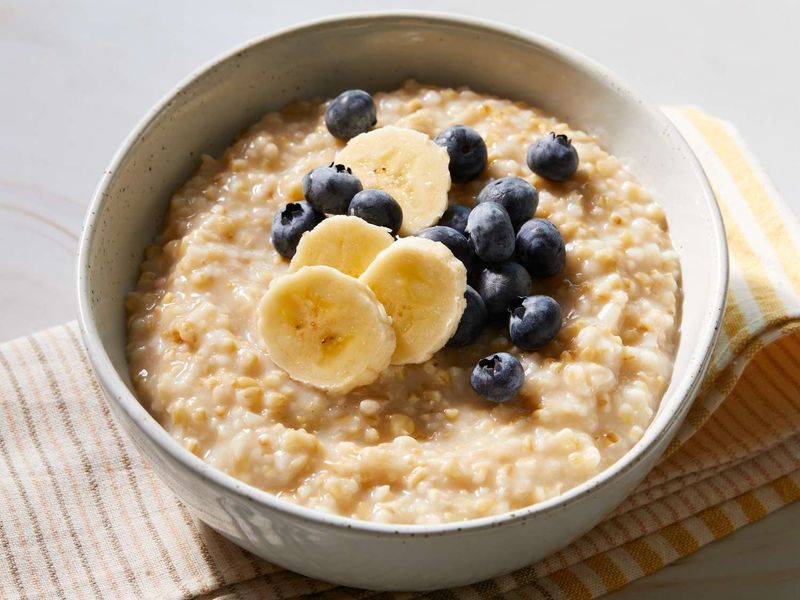
Oats are a fiber-rich whole grain that provides lasting energy and supports heart health. Their beta-glucan content is known to lower cholesterol levels and improve digestion.
As a comforting and versatile breakfast option, oats can be customized with various toppings to suit your taste. They are an excellent choice for maintaining a healthy weight and stabilizing blood sugar levels.
Regular consumption of oats can contribute to overall well-being and vitality, making them a staple for healthy aging.
Processed Meats

While convenient, processed meats are often high in sodium and saturated fats, which can negatively impact heart health. Regular consumption may increase the risk of chronic diseases.
These meats are also linked to inflammation and may contribute to other health issues as we age. It’s wiser to opt for fresh, lean meats or plant-based protein sources.
Limiting processed meats in your diet can support better health and reduce the risk of age-related conditions.
Sugary Beverages

Sugary beverages, such as sodas and energy drinks, provide empty calories without nutritional benefits. These drinks can lead to weight gain and increase the risk of type 2 diabetes.
High sugar intake can also affect dental health and contribute to inflammation, impacting overall well-being. Opt for water, herbal teas, or fresh juices instead.
Reducing sugary beverage consumption can support a healthier lifestyle and promote better aging outcomes.
White Bread

White bread, made from refined flour, lacks the fiber and nutrients found in whole grains. It can cause rapid spikes in blood sugar levels, affecting energy and mood.
Opting for whole-grain alternatives provides more nutritional value and supports digestive health. Whole grains can also aid in maintaining a healthy weight.
Limiting white bread in your diet can contribute to better metabolic health and support healthy aging.
Fried Foods

Fried foods, often high in unhealthy fats and calories, can contribute to obesity and cardiovascular problems. They may also increase inflammation in the body.
Choosing baked or grilled options instead can help maintain a healthier lifestyle. It’s about making smarter choices for long-term well-being.
Avoiding fried foods can reduce the risk of chronic diseases and promote better health as we age.
Excessive Alcohol

While moderate alcohol consumption might have some benefits, excessive intake can lead to numerous health issues, including liver damage and cognitive decline.
Alcohol can also interfere with sleep patterns and contribute to weight gain, impacting overall well-being. Moderation is key for those who choose to drink.
Reducing alcohol consumption can support brain health and enhance longevity, making it a wise choice for healthy aging.
Leave a comment